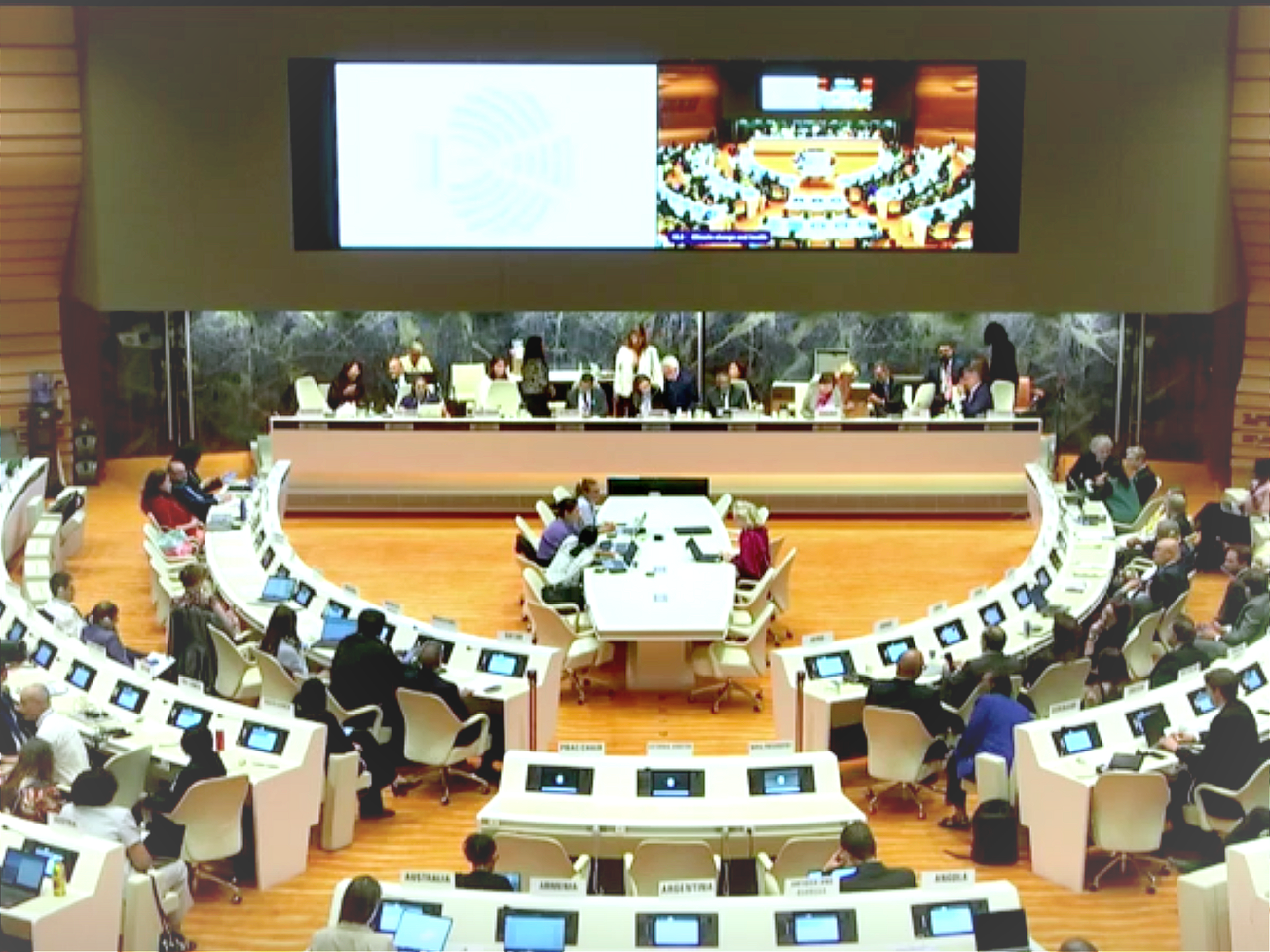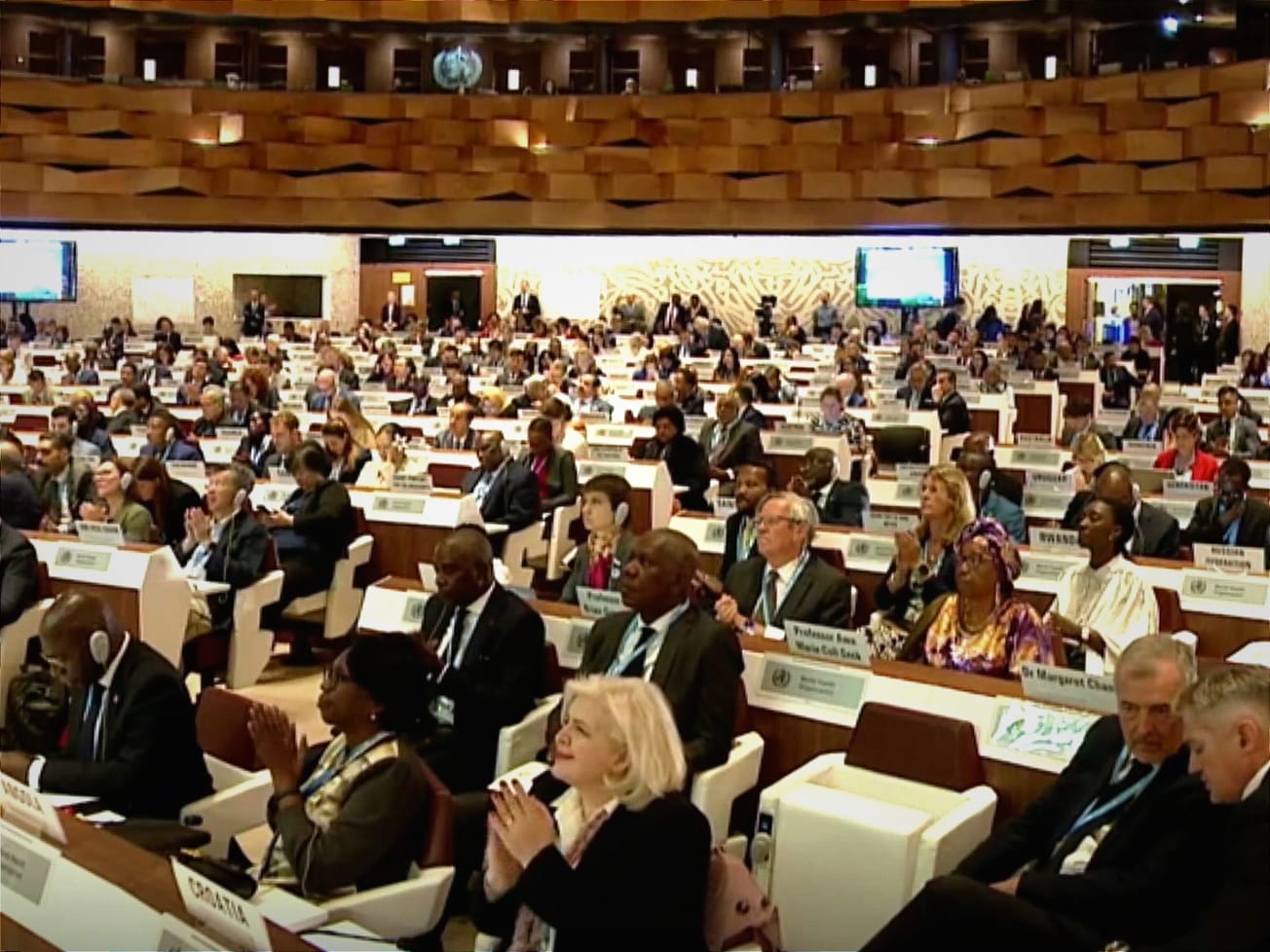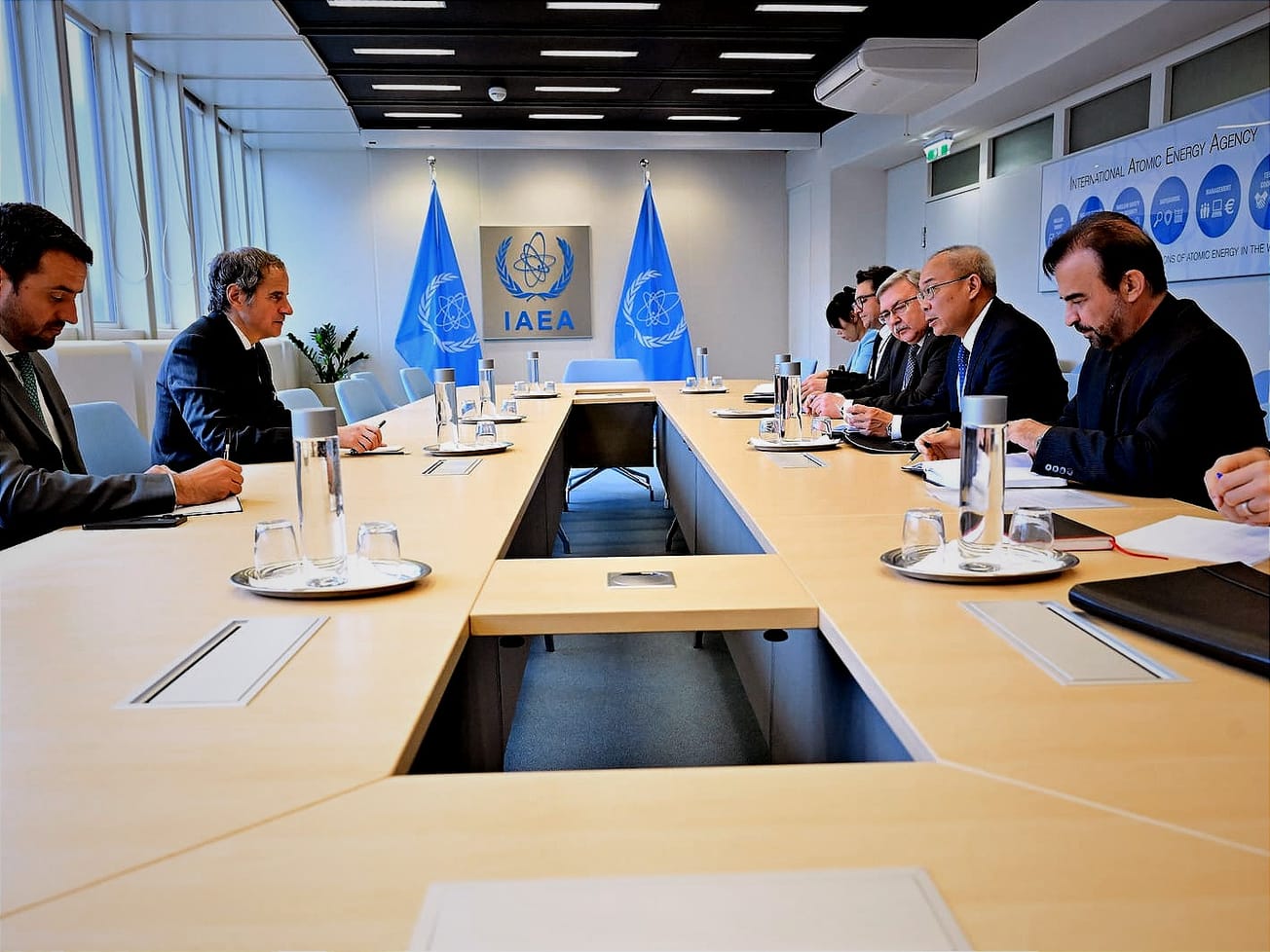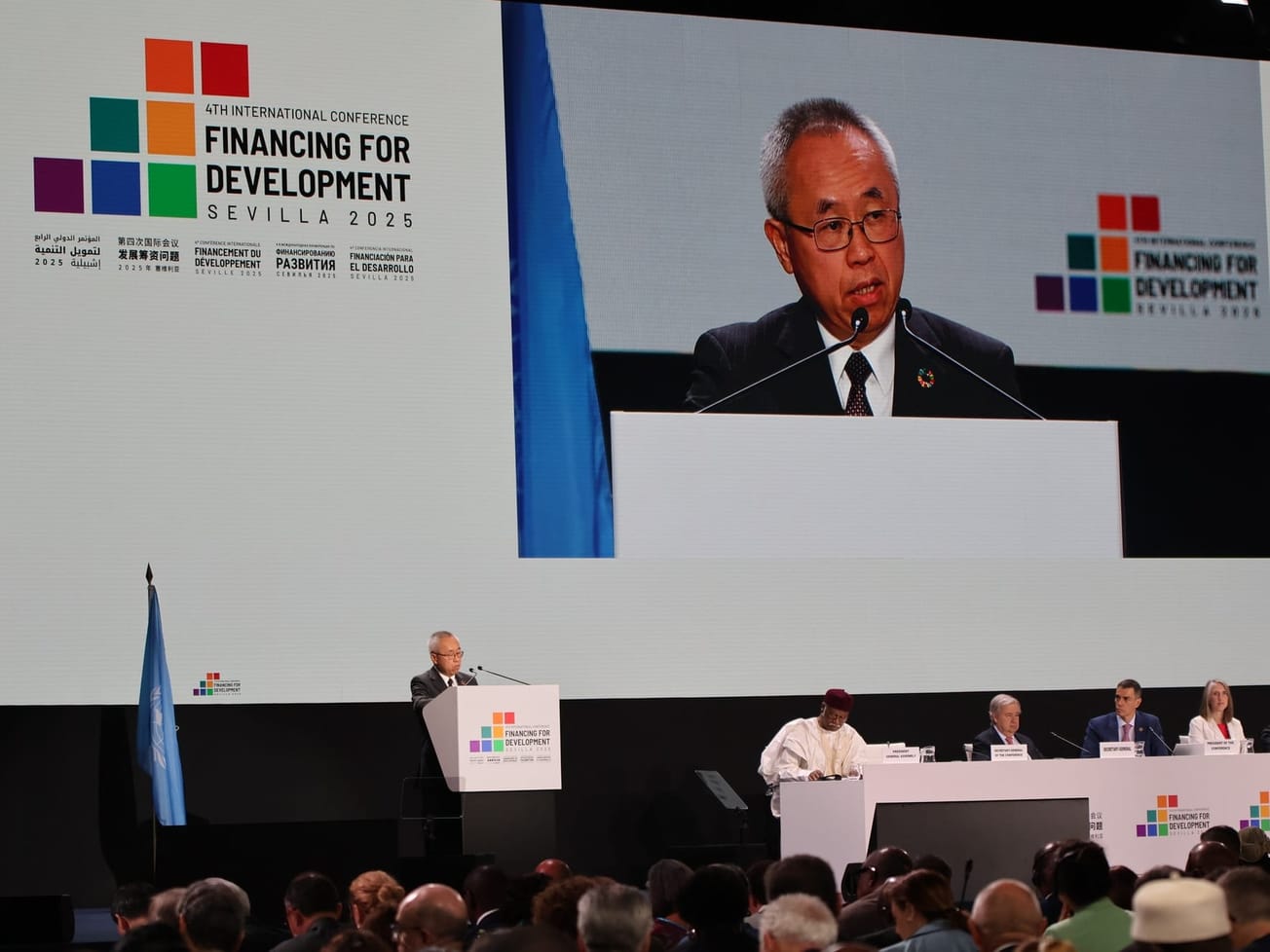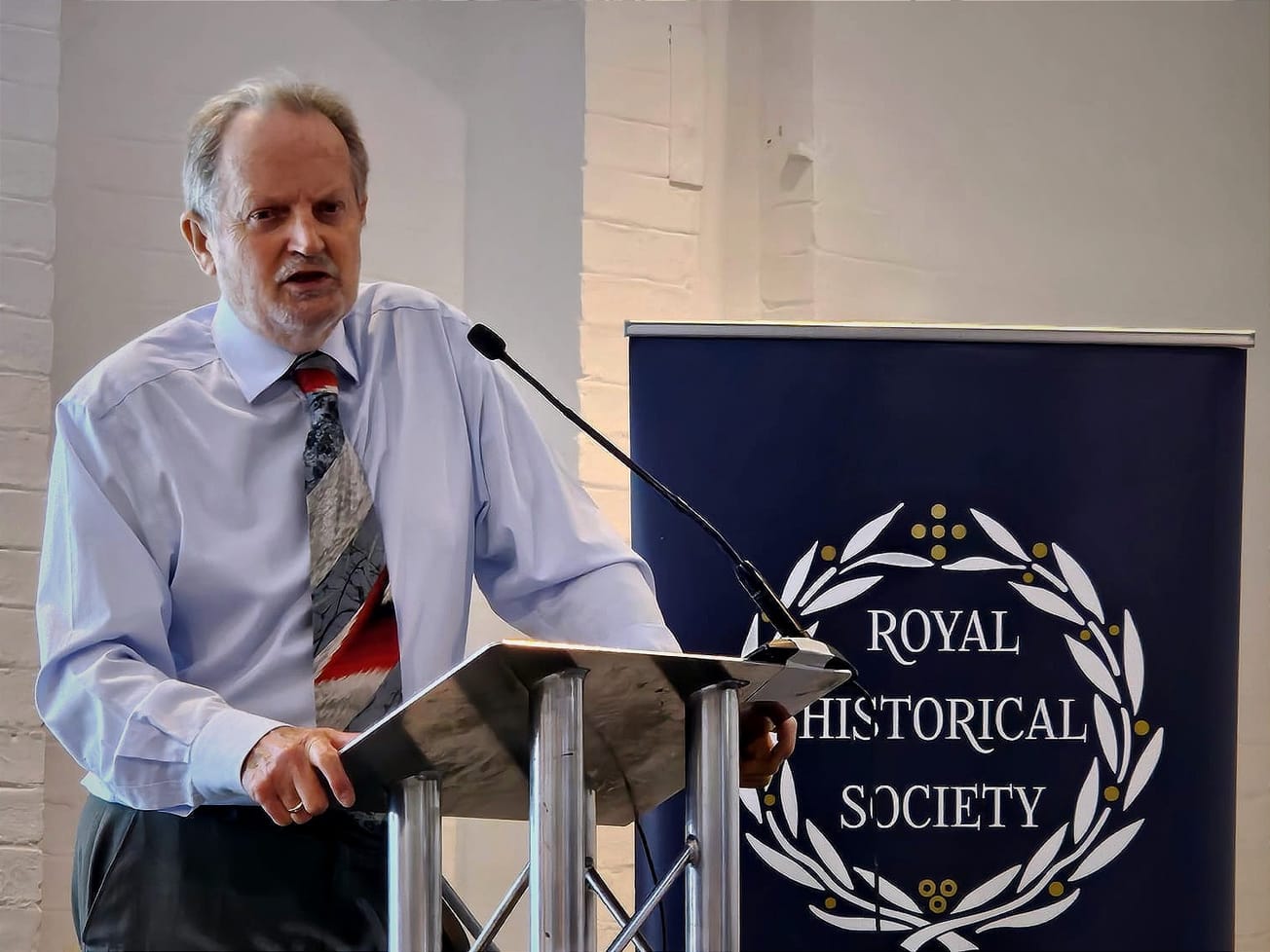The U.N. climate summit ended in Madrid on Sunday without resolving a key issue of how to put a price on carbon emissions and only partial agreement from almost 200 nations for more ambition in cutting greenhouse gases.
The marathon session produced more acrimony than accomplishments despite running two days past its allotted 12 days to become the longest-running Conference of Parties to the U.N. Framework Convention on Climate Change, or UNFCCC, which serves as the platform for the summits.




